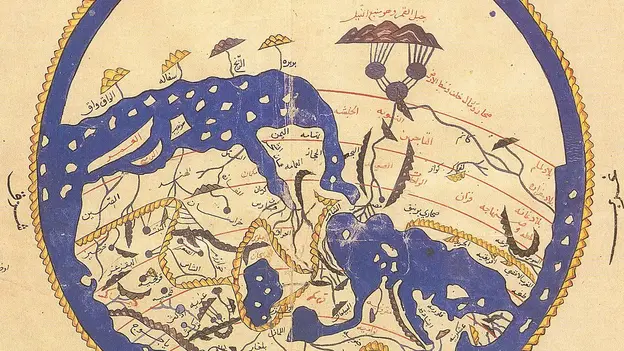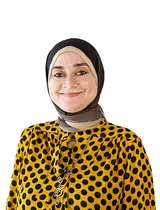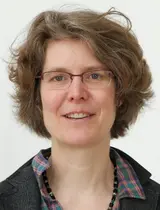Tandem Project
South-South at Center Stage: Interactions in Arabic Studies
Summer School
For a long time, Arabic and Islamic Studies in Europe and North America have primarily focused on analyzing modern Arabic culture in relation to Europe, the West, or the Global North. However, today's world is characterized by increased globalization and interconnectivity. The Arab world's intense interactions with the Global South impact international relations, socio-economic developments, and cultural dynamics. While scholars of Arabic and Islamic Studies have been studying these phenomena with regard to the premodern era, they need to take more recent developments into account to contextualize the regions they are studying, overcome the East-West dichotomy, and comprehend current issues and challenges dramatically affecting the Arab and Muslim world.
Exploring South-South interactions generates much-needed knowledge that provides the basis for revising key concepts in Arabic Studies and developing new theories and methods.
Peter Konerding, AGYA member
Addressing this topic, the bilingual summer school explores an emerging field of research in Arabic and Islamic Studies: South-South cultural exchange is an essential key to the understanding of Arabic literature, arts and culture as well as contemporary Arab scholarship dealing with these practices.
Innovative concepts for a bilingual exchange: Arabic and English as an academic language
The bilingual summer school facilitates the systematic exchange of research perspectives and approaches to this topic. It also fosters the active use of Arabic as an academic language among German and European scholars and English among scholars from Arab universities. Bringing together young scholars from Germany, Europe, and Arab countries, the summer school provides them with the opportunity to present their own research in an international academic context, to discuss interdisciplinary approaches to Arabic philology, literature and culture, and to practice the respective foreign language, which is either English or Arabic. Individual training sessions help the participants improve their project presentations and contribute to discussions in the language they are less familiar with, enabling dynamic exchanges and networking opportunities to thrive.
Interdisciplinary perspective on bilingualism
In many Arabic-speaking countries, Arabic is the main language of instruction at the primary and secondary education levels. However, when it comes to higher education – especially in the sciences – there is often a transition to teaching in English or French. This shift results from several factors, including the need to facilitate access to global resources and research literature in the field and enhance students' competitiveness in the global job market. One of the problems is that certain forms of knowledge do not easily penetrate society as a whole: Doctors, for instance, do not only need up-to-date professional training, but they also have to be able to communicate with their patients and explain complicated medical conditions and possible treatments. This should not be done in a ‘foreign’ language but in an idiom bridging the gap between modern science's global spheres and local communities. The summer school addresses this issue in a panel discussion bringing together perspectives from the Humanities and Sciences, particularly Electrical Communication Engineering:
I am delighted to be a native Arabic speaker. However, English is the official language in many universities in Egypt and other Arab countries, which causes people to overlook their mother tongue. It is always a pleasure to converse in Arabic with fellow Egyptians and Arabs, despite our different accents, because the language uniquely unites us. As such, it is a valuable and a natural tool for science communication within Arab societies and shouldn’t be neglected.
Lobna Said, AGYA member
- Disciplines Involved
- Arabic and Islamic Studies, Cultural Studies, Literature, Electrical Communication Engineering
- Event Date
- 28 - 30 August 2023
- Venue
- University of Münster, Münster, Germany
- Cooperation Partners
- University of Münster, Germany
- Philipps-Universität Marburg, Germany
- Nile University, Egypt
- Project Title
- South-South Interactions and Representations in Arabic Studies / AGYA International Bilingual Summer School
- Year
- 2023
- Funding Scheme
- Tandem Project
- Countries Involved
- Germany, Egypt, Morocco, Jordan, Tunisia, Lebanon, Italy




